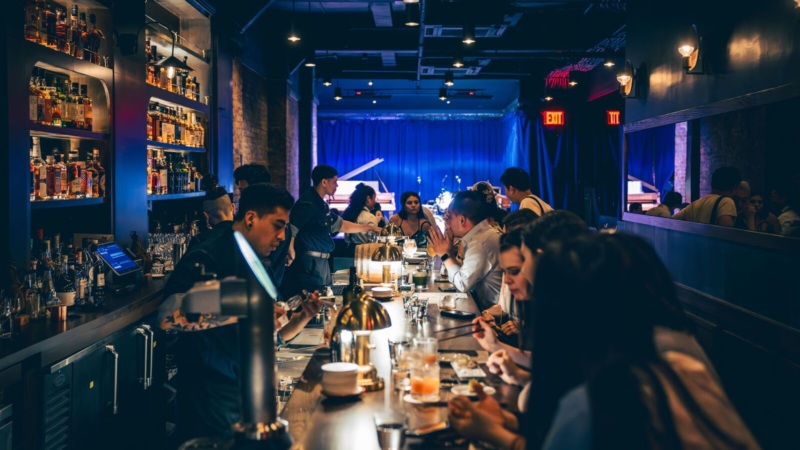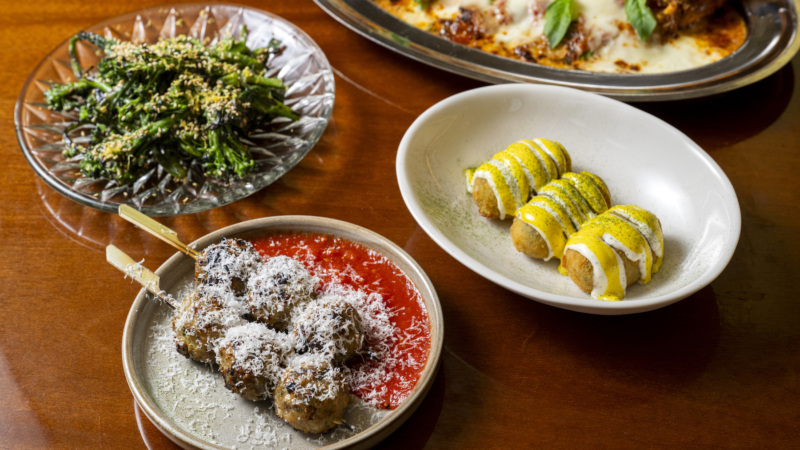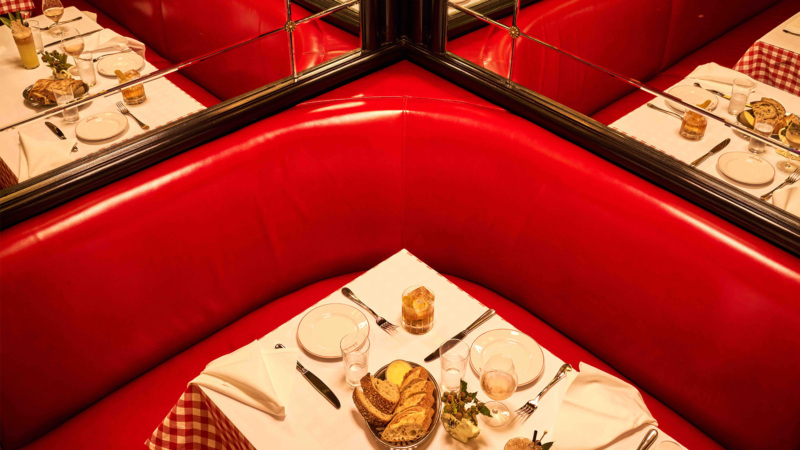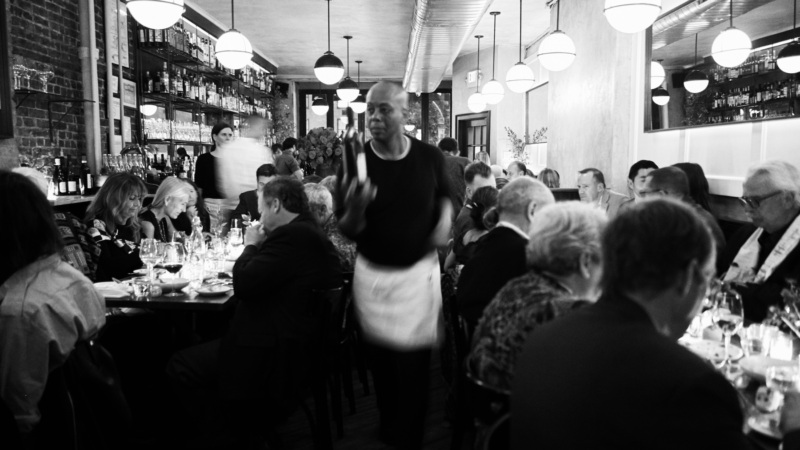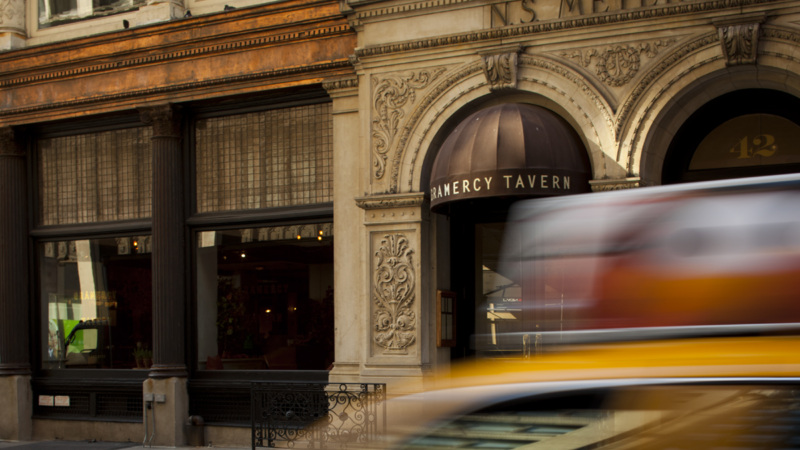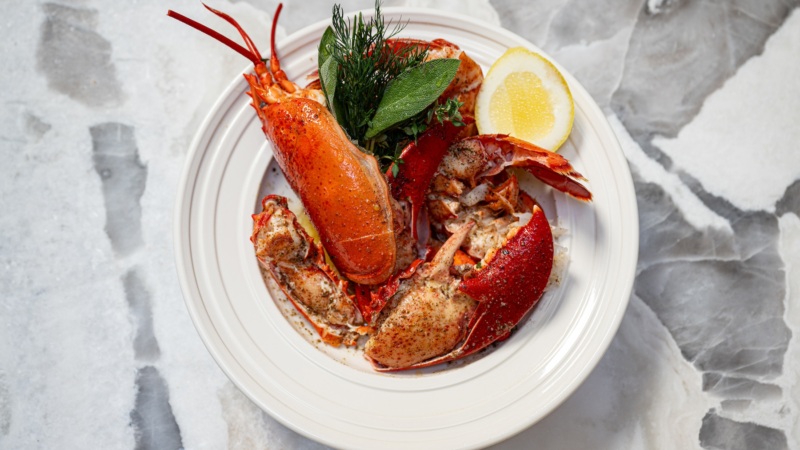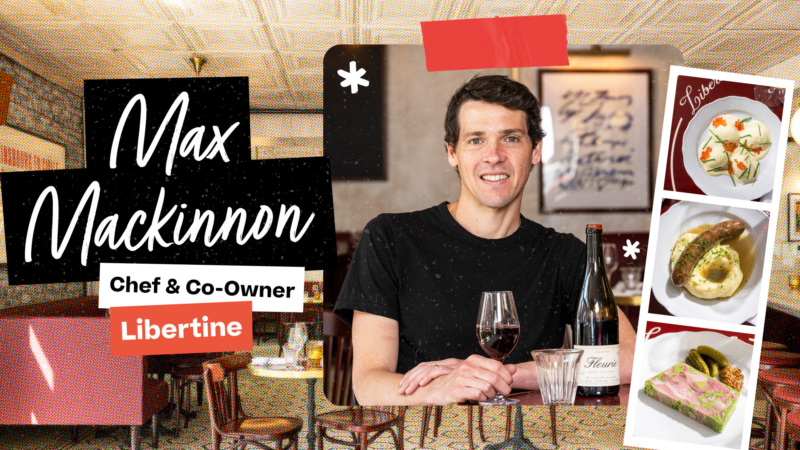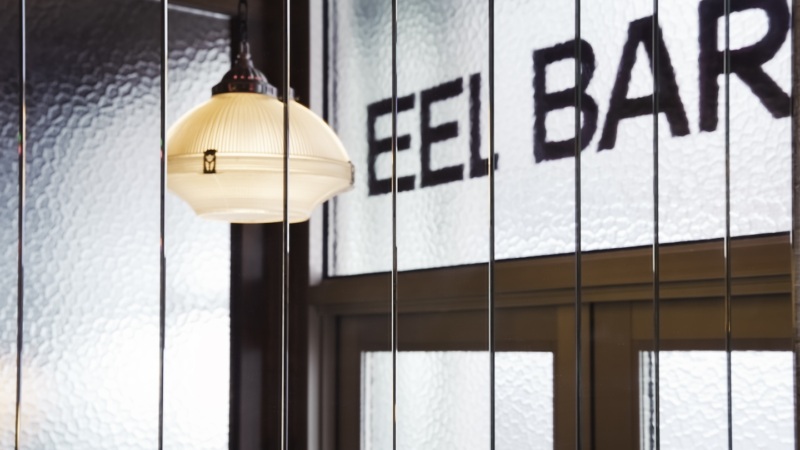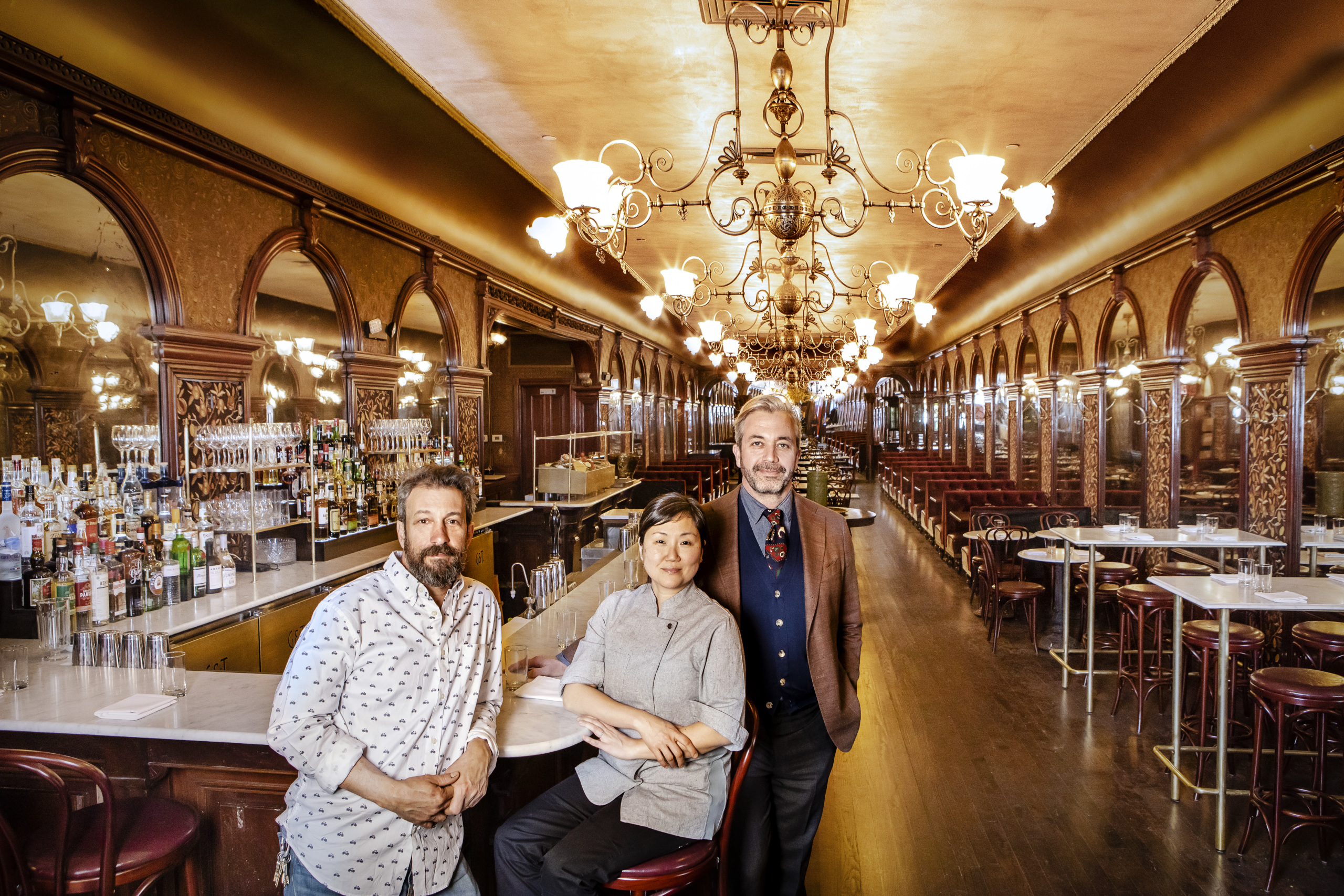
The Story of the 125-Year-Old Restaurant Slated to Reopen a Day Before the Shutdown
As part of an ongoing series hoping to explore the perspectives of the restaurant industry during the COVID-19 pandemic and lockdown, we’ve spoken to and shared a few of the stories from those on the frontline.
This is the story of the long-awaited return of Gage & Tollner, the historic restaurant in downtown Brooklyn.
Gage & Tollner is a rarity in the dining world. A designated New York City landmark, its dining room has been in operation for 125 years. Since 1879, it had been one of the city’s most lauded restaurants. It was where pioneering chef Edna Lewis cooked in the 1980s. It survived the flu pandemic of 1918, Prohibition, the Great Depression, and two World Wars.
And this March, it was supposed to reopen after being closed for the past 16 years.
In the days leading up to the New York City shutdown, Gage & Tollner co-owner St. John Frizell and his partners, chef Sohui Kim and restaurateur Ben Schneider (Insa, The Good Fork), were in the final stretches of reopening Gage & Tollner.
The plan? Reopen on March 15.
To that point, it had taken three years, 375 investors, and nearly $2 million in funds raised to carefully restore the landmarked chophouse and oyster bar that was most recently leased as a TGI Fridays and an Arby’s.
On Feb. 29, Gage & Tollner hosted the first of a handful of thank-you parties for its crowdfunders. During the event, the restaurant’s longtime maître d’ (from 1968 to 2004), Wade Siler, age 93, sang a capella for guests: classic American songbook standards like “My Way,” “New York, New York,” and “Love Is a Many Splendored Thing.”
The following week, they held soft openings for family and friends. It was then that the team began to notice the potential impact of the looming crisis.
“I remember my mother had a reservation for one night (during the soft opening) and stayed home, though, because she was concerned about coronavirus,” Frizell recalled. “We were so involved with what we were doing, none of us was really reading the news at the time. We were pushing so hard to get this project finished.”
By March 13, just three days before the official March 16 shutdown, it was clear their plans would be upended.
“That week was when everything kind of changed,” he said. “Everyone went from not believing it was going to have much effect on our lives to understanding it would have a profound effect on the everyday.”
The decision to temporarily close Gage & Tollner came quickly, out of concern for staff health and safety. All 55 employees were laid off as of March 16.
Ideas like pivoting to takeout or running a general store concept were considered, but ultimately ruled out, because, as Frizell said, “We never got the chance to open to the community so we weren’t able to connect there yet. We want to be, and we’re desperate to be. But it doesn’t make sense to introduce ourselves to the community in a way that we don’t aspire to be in the future.”
But at Fort Defiance, the neighborhood restaurant Frizell owns in Red Hook, becoming a general store for the local community has given him a sense of purpose, even though it’s not exactly profitable. “It makes me feel useful and I love getting to know more of my neighbors,” Frizell said.
Fort Defiance’s future beyond the pandemic, however, remains uncertain. “There was a time when it was unique; it’s not as unique anymore. It’s small. It only stays afloat because we’re packed in there on weekends, and if we can’t seat people close together we can’t do the same sales. We were barely profiting.”
As for Gage & Tollner, Frizell feels more optimistic. Thankfully, the Jemal family, which owns the building, is also committed to seeing the historic restaurant reopen after the pandemic ends — a rarity in the relationship between restaurateurs and their landlords.
“We have great landlords, and I won’t go into the details of the agreement we reached after this happened, but I will say that it is very satisfactory all around. Without it, we would be destroyed.” He noted how many restaurant operators are now in danger of being personally bankrupted if they fall behind on rent.
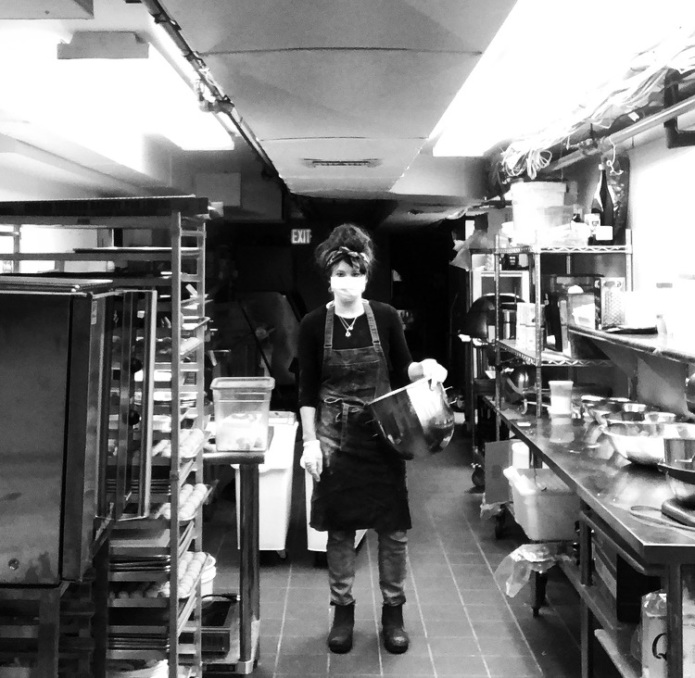
And while it was heartbreaking for Frizell and the entire team to push pause on Gage & Tollner — when they were so close to finally reopening — he’s convinced it is a place that will endure, and that diners will return to once more.
“There is nothing like Gage & Tollner in the restaurant world,” he said. “It’s a place where you want to celebrate life’s milestones. People have a real intense emotional relationship with this place, unlike anything I’ve ever seen. It reminds them of their parents, grandparents, uncles, old bosses, the people they used to go there with.”
And, he feels confident that it will reopen.
He added, “It’s almost like Gage & Tollner just rolled back the rock. It’s not going to go back into the tomb now. It was defunct for 16 years. It was an Arby’s, for crying out loud. But it’s been through something, and it will get through this.”
Update: On May 13, Gage & Tollner launched a fundraising initiative to raise money for donations of food and baked goods to frontline and essential workers.
Deanna Ting is a Resy staff writer. Follow her on Instagram and Twitter. Follow @Resy, too.
Discover More
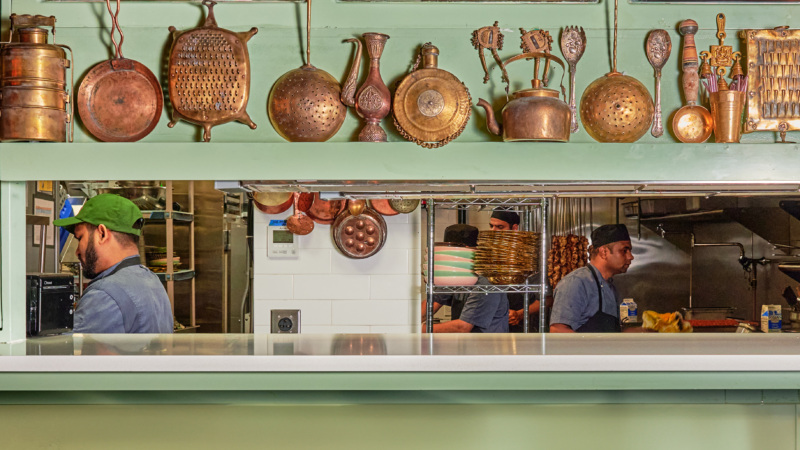
Stephen Satterfield's Corner Table

